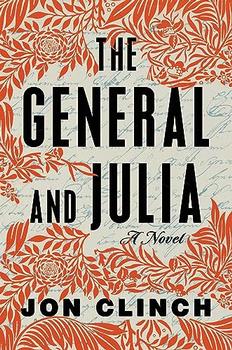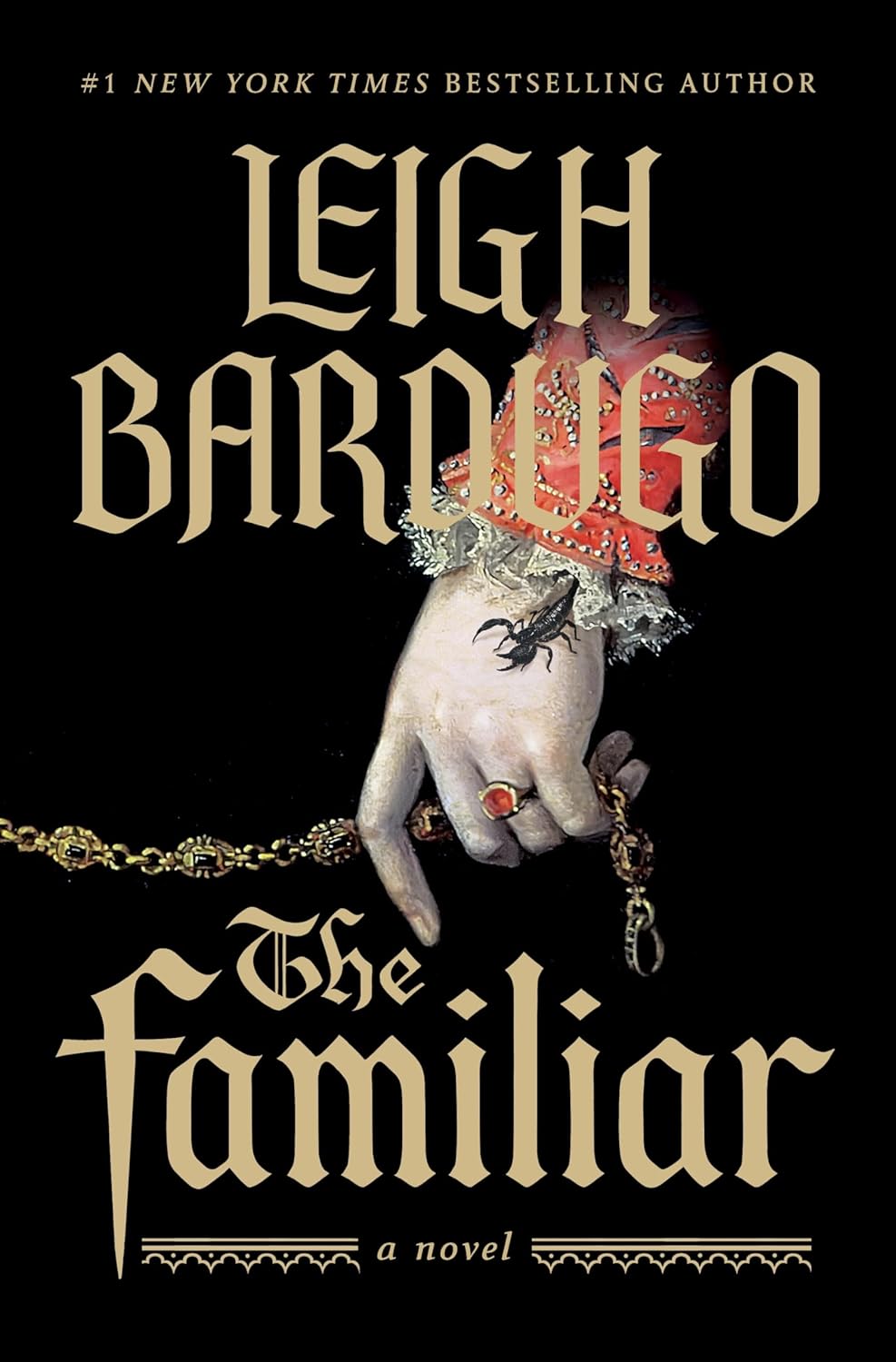 As recounted in Jon Clinch's The General and Julia, Samuel Clemens (who wrote under the alias Mark Twain) met President Ulysses S. Grant in the White House, introduced by a senator from Nevada. When the men crossed paths again after the end of Grant's presidency, they developed a friendship. Clemens frequently encouraged Grant to write his memoirs, but Grant always demurred, saying he wasn't a writer. That is, until financial ruin and a terminal cancer diagnosis made him fear for his wife Julia's future. Grant made arrangements with Century Magazine to write articles about Civil War battles, paid at $500 each. Century was also willing to publish his memoirs, but the standard terms of the contract—10% of royalties—were not advantageous.
As recounted in Jon Clinch's The General and Julia, Samuel Clemens (who wrote under the alias Mark Twain) met President Ulysses S. Grant in the White House, introduced by a senator from Nevada. When the men crossed paths again after the end of Grant's presidency, they developed a friendship. Clemens frequently encouraged Grant to write his memoirs, but Grant always demurred, saying he wasn't a writer. That is, until financial ruin and a terminal cancer diagnosis made him fear for his wife Julia's future. Grant made arrangements with Century Magazine to write articles about Civil War battles, paid at $500 each. Century was also willing to publish his memoirs, but the standard terms of the contract—10% of royalties—were not advantageous.
In the meantime, Clemens and his niece's husband had started a publishing house, Charles L. Webster and Company. Clemens offered to publish Grant's memoir on much more favorable terms: 70% of royalties, plus an ...

 Book Reviewed by:
Book Reviewed by:






